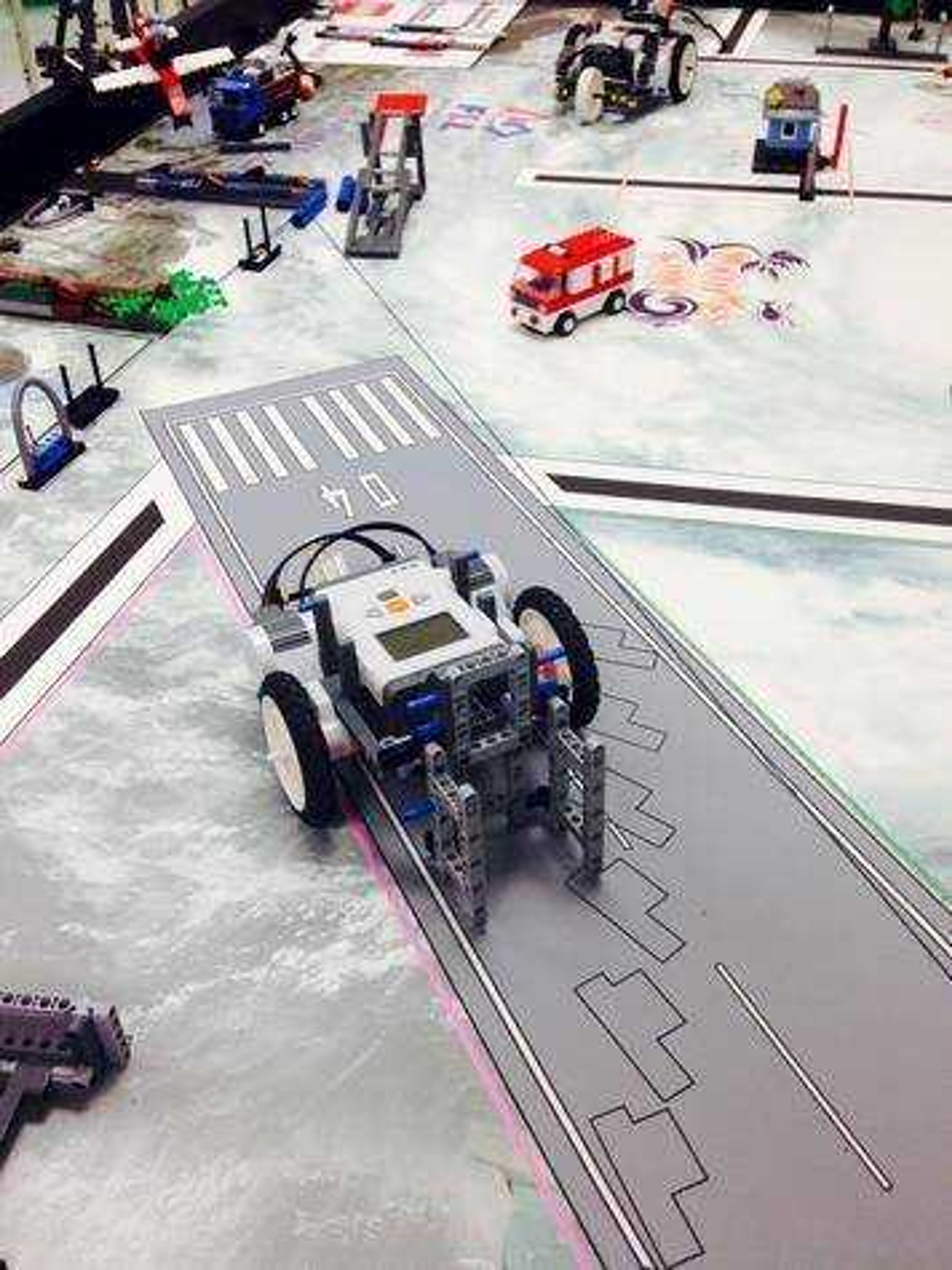Creativity has no bounds in the minds of children. Legos test that creativity and shapes their creativity to form many things, but for the kids participating in this Lego League Challenge at Southeast Missouri State University, originality is on a whole other level.
Created by Dean Kamen and Kjeld Kirk Kristiansen in 1998, the aim is for the program to inspire children all over the world to think critically using both science and technology. For this year's challenge, children ages 9-14 will create an autonomous robot using Lego Mindstorms. Lego Mindstorms are a series of kits containing software and hardware to create small, customizable and programmable robots.
"We're trying to hit the younger grades," said Dr. Brad Deken, chairman of the Department of Industrial and Engineering Technology. "We've kind of found out that by the time students get into high school they've kind of already decided what they're wanting to do. We're trying to expose them [to science and technology] more quickly."
Students have prepared for months to create a robot that will not only function and move but be able to solve a set of natural disaster themed missions. Each year the competition has a different theme, and this year's competition theme is "Nature's Fury." Students will encounter a wide variety of tests that the robots will have to execute, including clearing an airplane's runway of debris, positioning an evacuation sign or even delivering supplies by airlift. This last action requires the team's robot to hit a button that in return deploys the helicopter with supplies.
"The way it works on the field is there is a box and they place the robot in it, then they hit go and then the robot leaves that and travels along the field," Deken said.
During the competition things can get complicated, and students are forced to make real-time decisions that can impact not only their score but their robot as well.
"Overall there are a dozen or so different challenges on the field," Deken said. "The teams have to prioritize -- OK, this is worth this much, and I have this probability of making it, so which one should we do."
The overall points total is not only determined by the robot itself, but also by an idea or invention based completely on the current year's theme. For example, in a previous year the theme was aging. The students created a watch prototype that communicated with a pill box and informed a person of whether or not they had taken their medication. Although it wasn't a working prototype, the idea itself was created by the students. With these things to keep in mind, students must also consider their overall teamwork and presentation of their robots. With so much to do, students have a little help in the form of a mentor.
"Both at the middle school level and high school level we call them mentors, these are adults who come in and teach them these things," Deken said. "How each team does it varies. If they're lucky they have a parent that is kind of in the field and can describe it [the mechanics]. Teachers also take a lot of time out of their schedules to help out."
This is the first year that the competition has been done at Southeast. As of right now, volunteers are scarce, and the First Lego League Challenge is in need of about 50 volunteers.
"It can be anyone, even a student -- we would love to have some of our students volunteer. We're all adults to them," Deken said.
The event will be from 8 a.m. to 4 p.m. on Nov. 9 in the University Center. More information regarding volunteer opportunities can be found by contacting Deken at bdeken@semo.edu.






